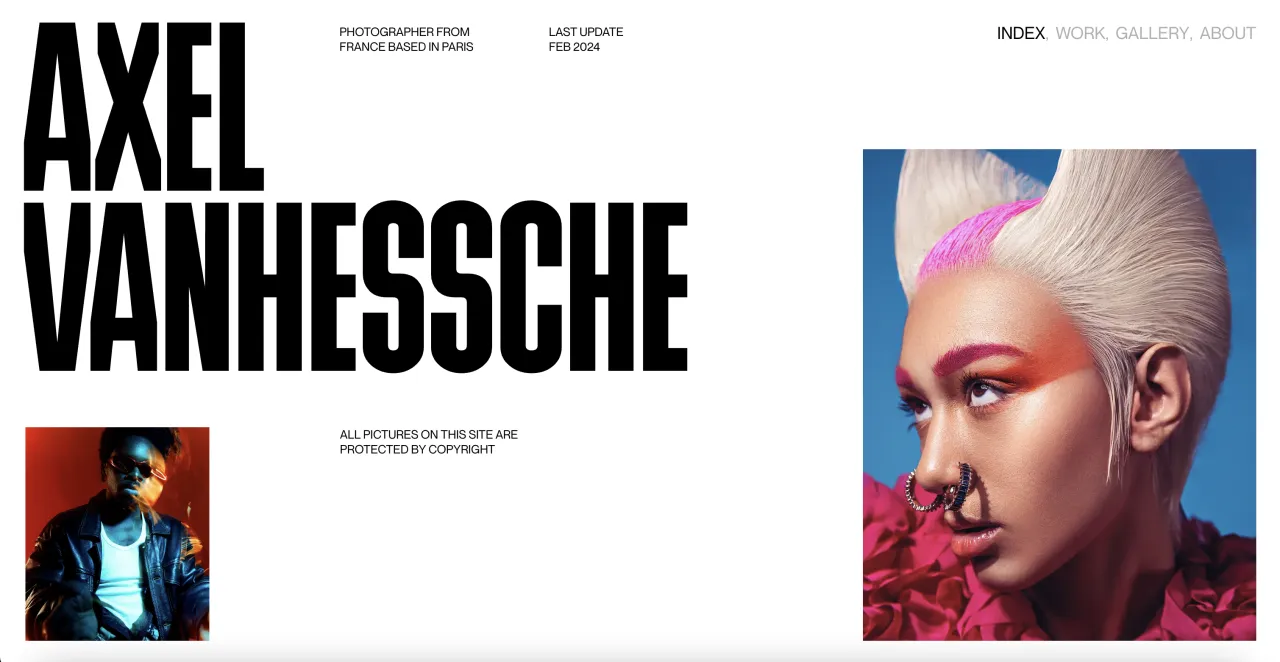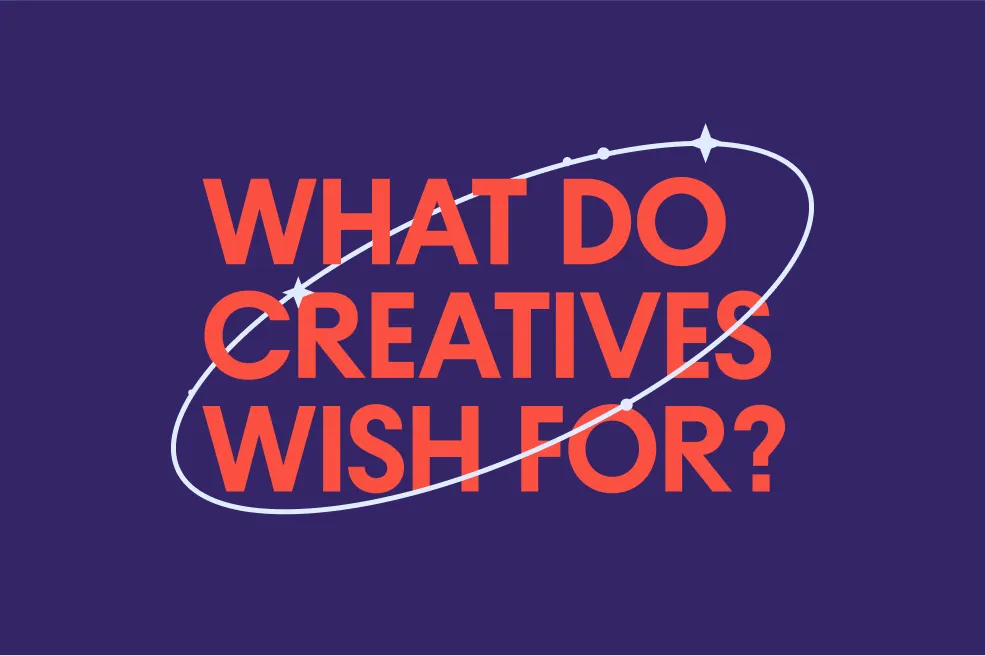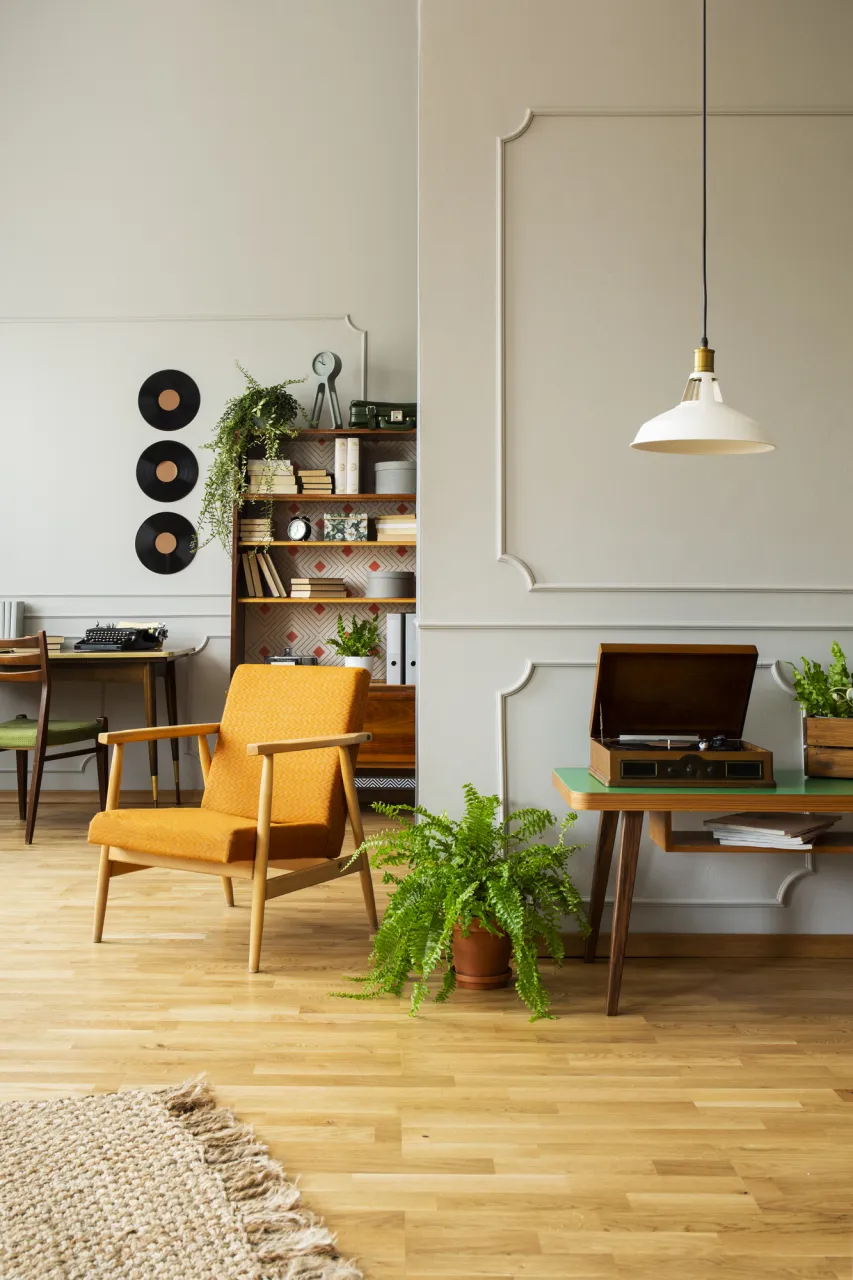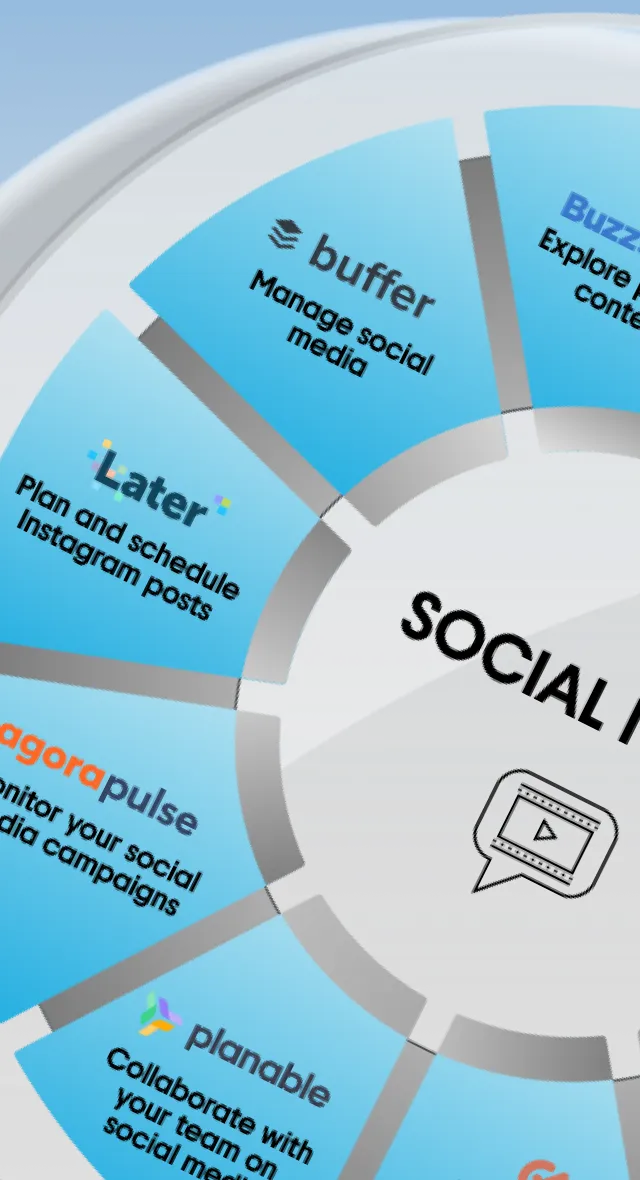Networking Tips for Introverted Creatives
A creative career is an exciting path with a lot of challenges: choosing your medium, mastering your skills, finding new projects, and actually getting paid. Networking can help you with all of this and so much more, but a lot of creative people struggle with it. Some — because of their introverted nature, others — for various reasons. And guess what? Been there, done that.
No matter what, a strong professional network can actually have a significant impact on how your career unfolds. So don’t underestimate its potential and don’t quit this article thinking it’s not for you. Keep on reading to explore our tips and see how you could approach networking for your creative career. As an introvert or not. What if it works? What if you like it?
What is networking?
Simply put, it’s the intentional process of building relationships with professionals in the field that you work in, and other related industries. The main goal is to create a community of like-minded people who can be mutually beneficial to each other. Usually, it’s about building long-term relationships rather than a one-time exchange of information or services.

What are the benefits of networking?
Discovering new job openings
Some of the most interesting career-related opportunities never make it to official websites or other public sources. They are shared within tight-knit professional communities, and this is why it’s so valuable to be a part of them. According to one of many surveys on this topic, 85% of jobs are found through networking. That’s impressive. And kind of scary if you’re not networking at all, right?
Being hired for new projects
It’s not about nepotism or getting something because you have connections. The point is having the right skillset, but also being in the right place, at the right time. What is more disappointing than knowing that you could do a great job, but not even getting a chance to try?
Exchanging creative ideas
Creative multi-hyphenate and successful entrepreneur Seth Godin once said that “good ideas come from bad ideas, but only if there are enough of them”. And even though you’re obviously responsible for coming up with new ideas, it’s always better to have someone to discuss them with. Someone who knows what you’re talking about and is able to provide relevant feedback. Networking can lead you to people like that.
Getting and giving professional advice
A creative career often includes paths that were previously taken by very few people. It’s much easier to build one if you can have proper conversations with some of them. At first, it might seem like a more experienced creative won’t care about you and your issues, but some people love being helpful. Plus, you never know how soon you’ll become the one to share valuable tips.
Personal and professional growth
“You’re the average of the five people you spend the most time with”, – said Jim Rohn, an entrepreneur, and motivational speaker. He might be right or wrong, but let’s just use his idea as an opportunity to evaluate where you are. Who are those 5 people you spend most of your time with? And what changes would you go through if they were experienced, creative professionals?
Introverts versus extroverts
Why is it relevant whether you’re an introvert or an extrovert? What does it have to do with your creative career, in general, and networking, in particular? Well, a lot, actually. Your personality type and your traits impact how you live and work, deal with issues, communicate with others. Basically, everything! Understanding your personal circumstances better can help you achieve more.
There’s an ongoing debate about introversion and extroversion, the correctness and the significance of these characteristics, but for now, they remain relevant and in use. And the easiest way to find your place on this spectrum is to answer one question: does communication energize or drain you? Take a moment and think about it. You could also take this quiz prepared by an organizational psychologist and professor at Wharton Adam Grant.
Extroverts tend to be outgoing and social. When they feel low, they go out and surround themselves with other people because this is how they recharge their batteries. Attending events, meeting new people, and communicating is not just easy, but extremely enjoyable for them. As a result, networking is much more natural for them.
Meanwhile, introverts prefer spending more time on their own. If they go out, while being tired, they will end up exhausted and drained. This doesn’t mean they don’t like being with other people, but they do need to be alone to recharge. Some introverted people can be very easy-going and communicative, but others struggle to make new connections.
Let’s not forget about ambiverts though! Who are they? There are unicorns who are more or less in the middle of this spectrum. They can be extremely social, while also being fond of spending time alone. Back in 2013, research conducted by Adam Grant, who has already made an appearance in this article, discovered that ambiverts were the best at selling something. And in a way, doesn’t networking equal selling our own expertise and potential?
The pandemic has had an impact on everything, and it turns out that our personalities aren’t an exception. Certain studies claim that some extroverts have discovered their introverted selves, while some introverts realized that they needed more socializing. So it’s not surprising that there’s a hypothesis that we’re all ambiverts now.
Networking tips for introverted creatives
Don’t put pressure on yourself
Sure, it’s easier said than done, but you will definitely not benefit from networking if you overwhelm yourself even before you begin. This is not a question of life or death. It’s a path that you can choose to take and a life-long process. You can give it a try, take a break, choose various approaches, ask for help, find something that works for you, or stop. Always remember this!
Take your first steps
If you’re building a creative career and you’re eager to develop a professional network, start now. Yes, you might not be as experienced as you’d like to be. Or maybe your latest project didn’t receive as much attention as you had hoped it would. But that’s okay. Networking isn’t a story of an overnight success. It’s a long-term game, a marathon if you will. Keep this in mind and take your first steps.
Tip: Create a simple plan. Who are the people you’d like to reach out to and why? What is the most natural way to do it? Try going all the way with one person and see how it goes. Don’t make too many conclusions on one experiment though.
Maintain a portfolio online
Yes, this is the most banal advice ever, but you won’t believe how many creative people still don’t have proper websites with their portfolios. And the ones who do might update them once in a few years instead of having a regular routine. No pointing fingers here though. So, no matter what position you’re in, just remember that showcasing your creative work online is one of the most effective ways to promote and network these days. Don’t miss out on the opportunities.
Be genuine on social media
Even though this is an invitation to be vulnerable and a huge risk, it’s also the only path to finding truly like-minded people. If you’re an introverted creative struggling with building a community for yourself, social media might be the solution you’ve been hoping for. This is where you can be yourself and share your work as it is. Don’t pretend, don’t be someone else. Just be real and know that you can find people who will appreciate exactly that
Tip: A balance between personal and professional on socials is a confusing challenge, but it’s best to combine both and avoid extremes.
Choose quality over quantity
There’s an overwhelming amount of events and content out there. Someone is always giving an interview, hosting drinks, or presenting a new major project. That’s a lot of additional pressure. And if you’re venturing out into networking, you might feel it more often, but try to create boundaries. You don’t need to attend every networking event out there, and you don’t need to talk about your creative work all the time. Work smart, not harder. Do less, but better.
Attend relevant events
Yes, unfortunately, social networking is still big, and it will probably always be that way. But you don’t have to go overboard right away. Start small. Choose a professional event that you really want to attend, prepare some stories about your creative path and questions for others, then go talk to someone you like. It will probably be awkward at first, but don’t freak out. Be friendly, ask questions, listen, and be eager to share.
Tip: Follow professional events and the people behind them on social media. This way, you can know more about the behind-the-scenes. Also, be active in the comments. It’s an opportunity to start a conversation with someone interesting and then actually meet each other in real life.
Stay in touch and follow up
One of the biggest networking mistakes is meeting someone and never reaching out to them afterwards. And it’s also extremely common. If you’ve had a conversation with someone you’d like to stay in touch with, send them a message or an email as soon as possible. Don’t be upset if you don’t hear back from them right away. Be kind and persistent, but respect their boundaries.
Support other creatives
One of the easiest ways to start a relationship with someone whose creative work you admire is to be a proactive supporter. Follow them on social media, leave thought-through comments, praise their work, and attend events that invite them. Start small and don’t expect anything major right away, but know that some long-lasting professional relationships and friendships have started this way.
Tip: Don’t overdo it and remember that it has to be genuine. It’s not about praising someone and hoping for the same in return. Just don’t shy away from sharing positive feedback when you have it. Let other creative people know when you like something they’ve done.
Reading recommendations
There are people with relevant experience and then there are books. As you may already know, meeting someone can be challenging, but reading is always an available option. These are some of the books that can help you on your networking journey as an introverted creative.
Consider reading them if you’d like to continue your research on how to network, find more answers, and discover additional networking tips. And no, you don’t need to read all of them…but you can, if you want to.
Books on networking
- Taking the Work Out of Networking: An Introvert’s Guide to Making Connections That Count by Karen Wickre
- Give and Take: A Revolutionary Approach to Success by Adam Grant
- Never Eat Alone: And Other Secrets to Success, One Relationship at a Time by Keith Ferrazzi
Books on creativity
- The Artist’s Way: A Spiritual Path to Higher Creativity by Julia Cameron
- Big Magic: Creative Living Beyond Fear by Elizabeth Gilbert
- Show Your Work! and Keep Going by Austin Kleon
- Flow: The Psychology Of Optimal Experience and Creativity: Flow and the Psychology of Discovery and Invention by Mihaly Csikszentmihalyi
- Motivation for Creative People: How to Stay Creative While Gaining Money, Fame, and Reputation and 21 Insights for 21st Century Creatives by Mark McGuinness
- Daily Rituals: How Artists Work and Daily Rituals: Women at Work by Mason Currey
- Creative Confidence: Unleashing the Creative Potential Within Us All by David M. Kelley and Tom Kelley
- You Are Here (For Now) and Things Are What You Make of Them: Life Advice for Creatives by Adam J. Kurtz
- The Crossroads of Should and Must by Elle Luna
- It’s Not How Good You Are, It’s How Good You Want To Be by Paul Arden.
Books on introversion
- The Secret Lives of Introverts: Inside Our Hidden World Book by Jenn Granneman
- Quiet Power: Growing Up as an Introvert in a World That Can’t Stop Talking by Erica Moroz, Gregory Mone, and Susan Cain
- The Introvert Entrepreneur: Amplify Your Strengths and Create Success on Your Own Terms by Beth L. Buelow
- Introvert Power: Why Your Inner Life Is Your Hidden Strength by Laurie Helgoe
- The Irresistible Introvert: Harness the Power of Quiet Charisma in a Loud World by Michaela Chung.
Networking for introverted creatives
If you’re struggling with finding new job opportunities or building a community of like-minded people, networking might be one of the solutions. However, it can also be challenging for introverts, and there’s no shame in that. We are who we are. But when you need something, you need to know how to get it. Embrace your introverted creative self, and find what works for you and your creative path!














